Facing Cancer Together: A Foundation Of Love
- North Carolina couple Joel and Caroline Graybeal faced the difficult reality of an advanced prostate cancer diagnosis with strength and hope. Now, they’re sharing their remarkable journey — a testament to their enduring love, determination, and steadfast support for each other.
- Joel had chemotherapy, radiation, surgery, and immunotherapy at Duke Health in North Carolina. He has since had clear scans and strives to live life to the fullest.
- Through Joel’s cancer journey, Caroline supported him by preparing healthy meals to promote his well-being and encouraging him to stay active.
- “There is no question that the things that I’ve been doing are as much to help Joel as they are to alleviate my own anxiety,” she says. “It’s such a difficult position to be in, to have someone battling this and not be able to fix it, not be able to make promises or assurances that everything’s going to be great.”
- Like many caregivers, Caroline says she struggled to watch someone she cares about go through the ups and downs of treatment, but she vowed to do whatever she can to ensure her husband continues to enjoy life.
In honor of Prostate Cancer Awareness Month and the official launch of SurvivorNet’s 12-film series “Men Beating The Odds,” the loving duo share how they confronted stage four cancer with hope.
Read More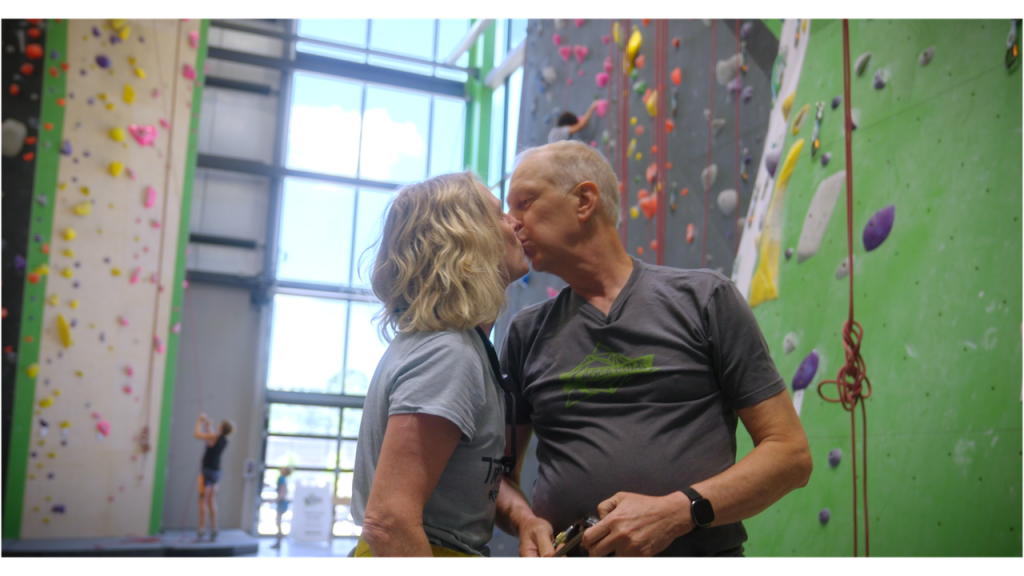 Caroline, a 60-year-old retired mom of two, stepmom of three, and grandmother, recounted meeting Joel on a cold, rainy evening at a charity dinner for her work place back in 2013. “It was a Friday. I just wanted to go home and put on my pajamas and relax. But I said to my assistant, okay, I’ll go for a little bit. I’ll make an appearance and when I went our table, had Joel sitting there … so I sat down next to him. I introduced myself, he introduced himself, and we just started talking nonstop, and he mentioned that he had rock climbing gyms, and I had kids who I knew would enjoy rock climbing,” she explains.
Caroline, a 60-year-old retired mom of two, stepmom of three, and grandmother, recounted meeting Joel on a cold, rainy evening at a charity dinner for her work place back in 2013. “It was a Friday. I just wanted to go home and put on my pajamas and relax. But I said to my assistant, okay, I’ll go for a little bit. I’ll make an appearance and when I went our table, had Joel sitting there … so I sat down next to him. I introduced myself, he introduced himself, and we just started talking nonstop, and he mentioned that he had rock climbing gyms, and I had kids who I knew would enjoy rock climbing,” she explains.“And so he invited us to come on Sunday to meet up and go for a climb. And, the rest is kind of history.”
Joel, a 65-year-old grandfather of seven, and Caroline wed in October 2017, four years after their unexpected meeting.
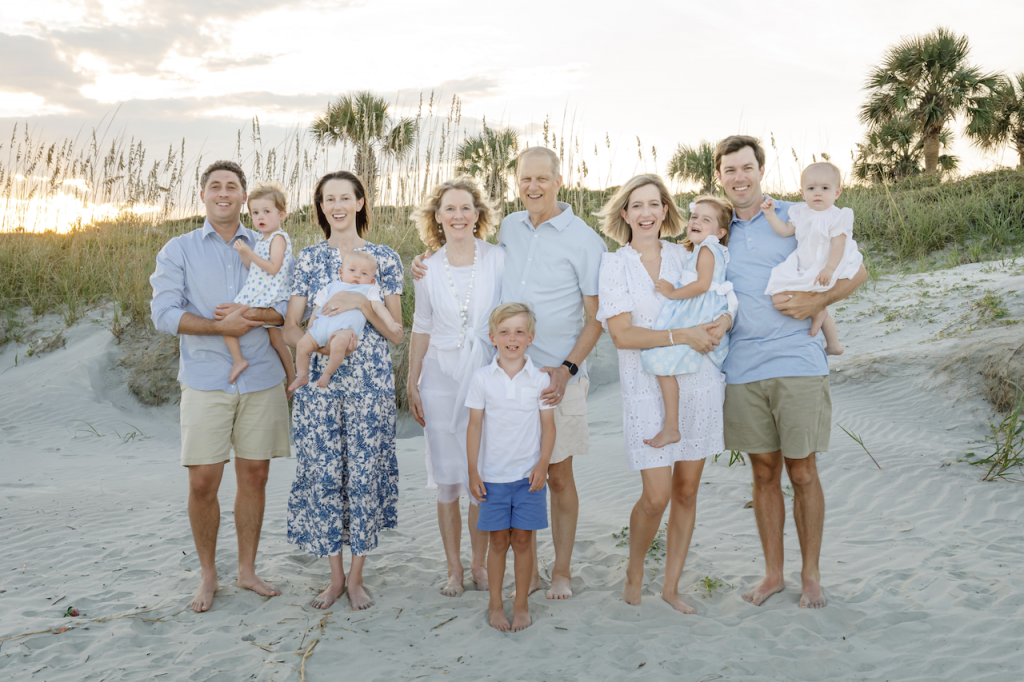
When it comes to what qualities of Joel she was most attracted to, she praised him for his “old-fashioned” ways.
“It’s funny because I will say that Joel’s and my relationship probably progressed slower than any relationship I had had prior to that. Any time that I would sort of question, ‘Oh, why isn’t this moving faster.’ I would think to myself, ‘Do I like how he’s treating me?'” she explained. “I’ve met the love of my life, and I think it took him maybe two years to tell me he love me.”
Despite the length of time it took for him to confess his love, she admitted, “I so enjoyed being with him, and he was so nice and kind and honest and, so I just said, ‘You know what? I love being with him, so don’t worry about what is said. Worry about how you feel’ … When Joel finally opened up to tell me that he loved me, he wouldn’t stop.”
Taking On The Cancer Journey Together
After the declaration of love, Joel would praise Caroline on how much of a “perfect partner” she was, who made his life “incredible,” she says.
“Joel always says that you should not give 50/50 in a relationship, but you should give 100/100. And that is Joel,” Caroline gushes. “He gives 100/100. And it’s not just to me. He does it with his kids, with his family, with friends. He is the one.”
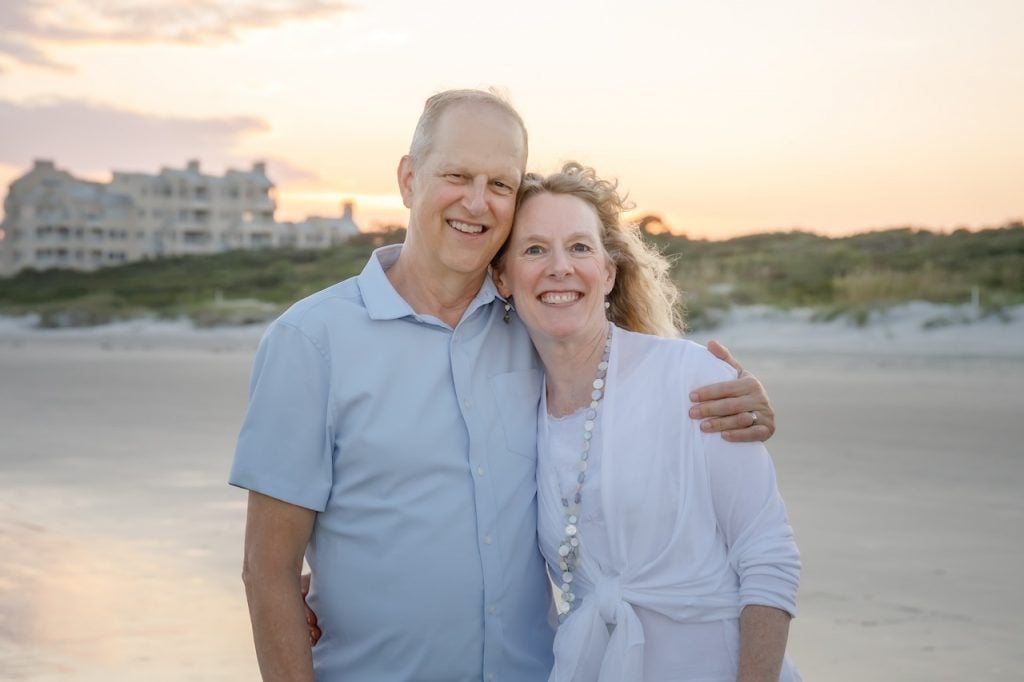
When Joel was diagnosed with stage four metastatic prostate cancer, which was found to be in his lungs and his brain, Caroline felt she was “going to lose him really soon” due to the severity of his diagnosis, but they maintained hope.
After visiting Duke Health in North Carolina — where Joel ultimately underwent chemotherapy, radiation therapy, surgery, and immunotherapy — she felt “terrified” but insisted they “walked out of there with hope.”
Coming from a family well-versed in medical knowledge, Caroline said that despite her worries following Joel’s diagnosis, she stepped up as a caregiver and helped in researching various treatments online, making sure she was reading legitimate information on prostate cancer, and planning to ask any important questions at appointments.
She also supported him by preparing healthy meals to promote his well-being, encouraging him to stay active through regular exercise, and getting back to his some of his favorite pastimes — piloting aircrafts and climbing rock walls.
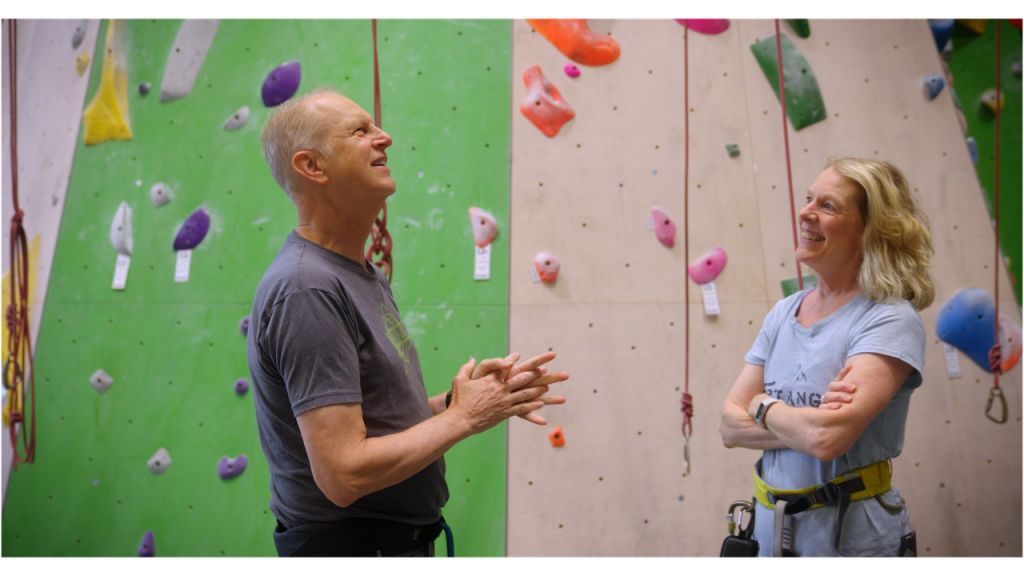
“There is no question that the the things that I’ve been doing are as much to help Joel as they are to alleviate my own anxiety. It’s such a difficult position to be in, to have someone battling this and not be able to fix it, not be able to make promises or assurances that everything’s going to be great,” Caroline says.
“So anything I can do to help him kind of live his best life and have the best experiences, I … encourage him all the time, to go do things that he enjoys,” she adds. “I pushed him to get back into flying because he loves to fly. And he got his pilot’s license at 19. And I was like, why? Why are you not doing it? Let’s go. You know, go do what you love to do.”
Since Joel completed treatment, he has had about five or six clear MRI scans of his brain — and the number one thing that led him and Caroline to those results was hope.
They continue to feel “ridiculously blessed” that he’s continuing to do well after undergoing various types of treatment.
“The other part of hope is that there are answers that come that can help stop the disease. We know at this stage they can’t eliminate it, but if they can slow it down and that’s the treatments we’ve done have all been to slow it down,” Carolina says. “And there are new discoveries and new trials and new things all of the time.”
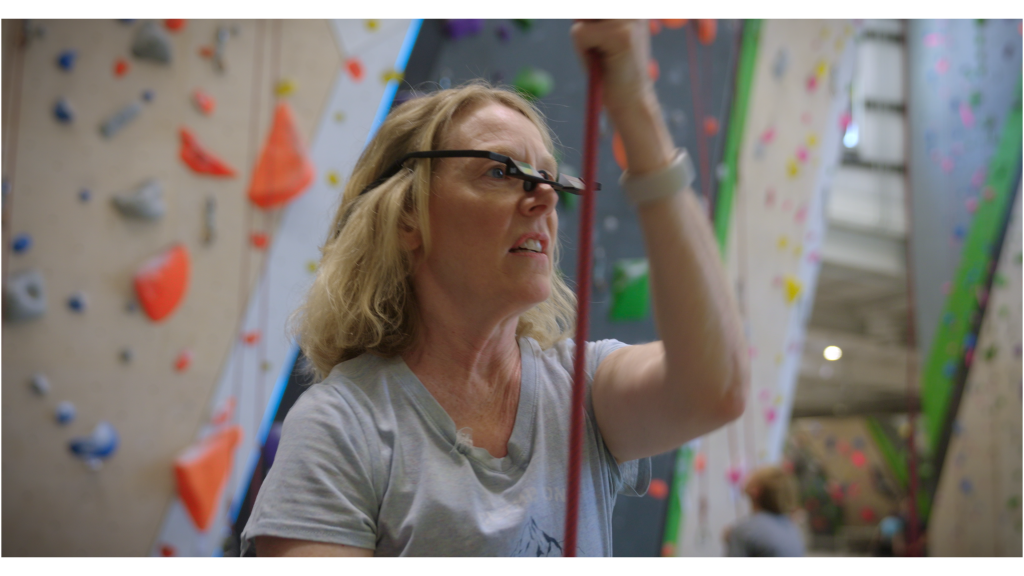
Taking On The Role Of Cancer Caregiver
A cancer diagnosis in a partner can trigger a whirlwind of emotions — grief, fear, and uncertainty. But it doesn’t have to define the journey. Together, couples can face these challenges by staying informed, supporting one another, and drawing on inner strength to build emotional resilience.
Supportive strategies that can be used by patients and their caregivers include:
- Speaking with a therapist to process feelings
- Having open conversations with your partner
- Learning about the diagnosis and treatment together
- Joining support groups or meeting others in similar situations
Content independently created by SurvivorNet with support from Novartis Pharmaceutical Corp
Learn more about SurvivorNet's rigorous medical review process.

